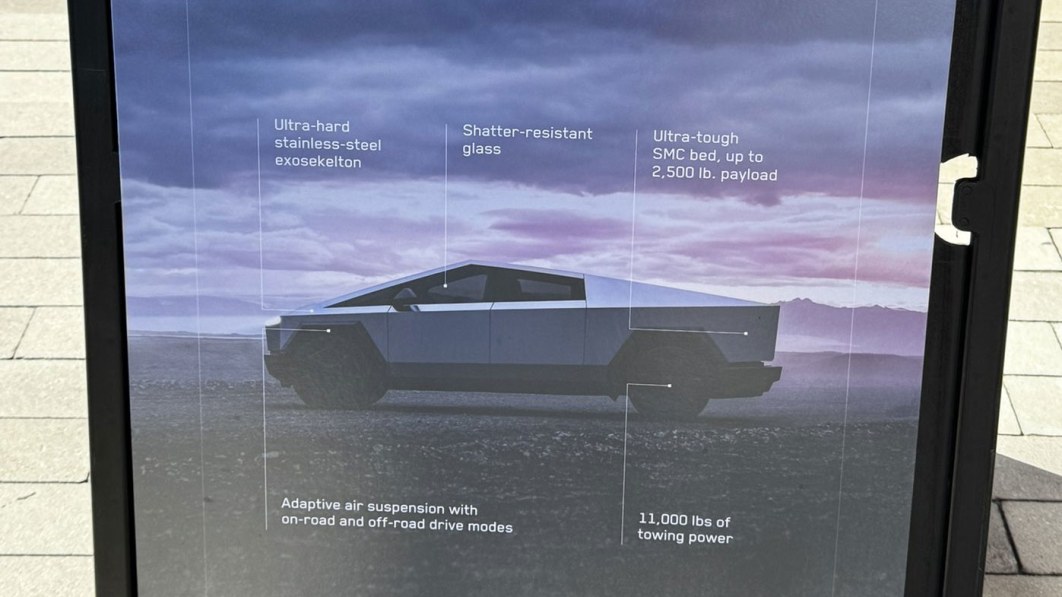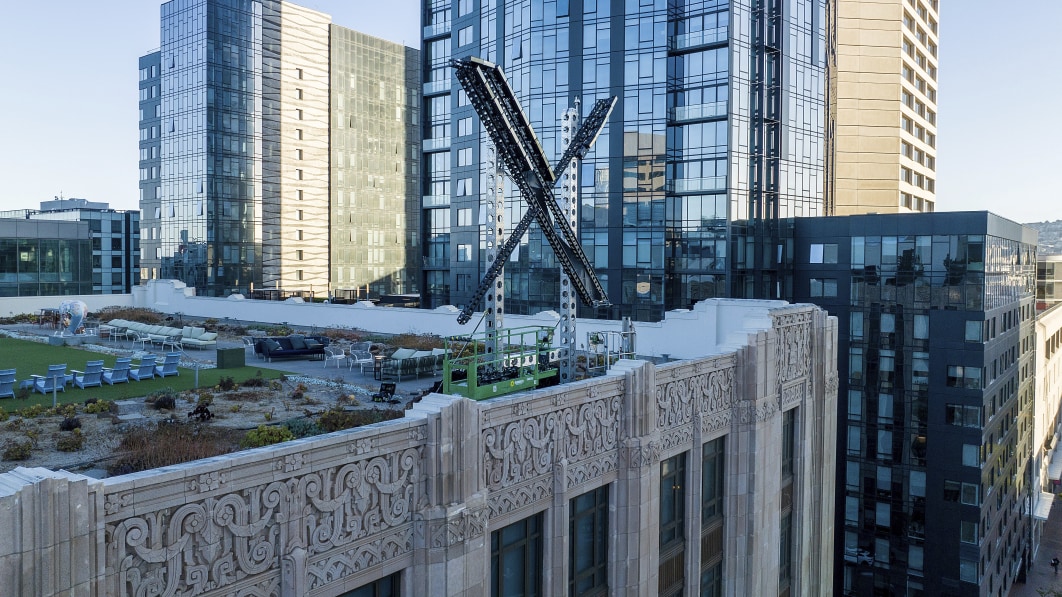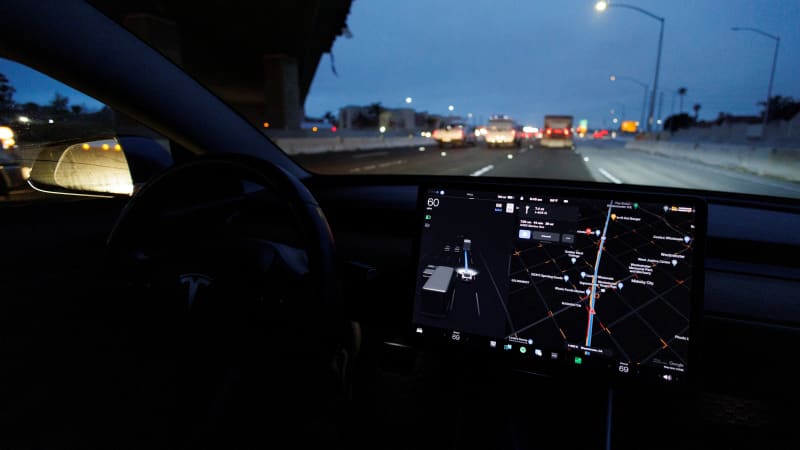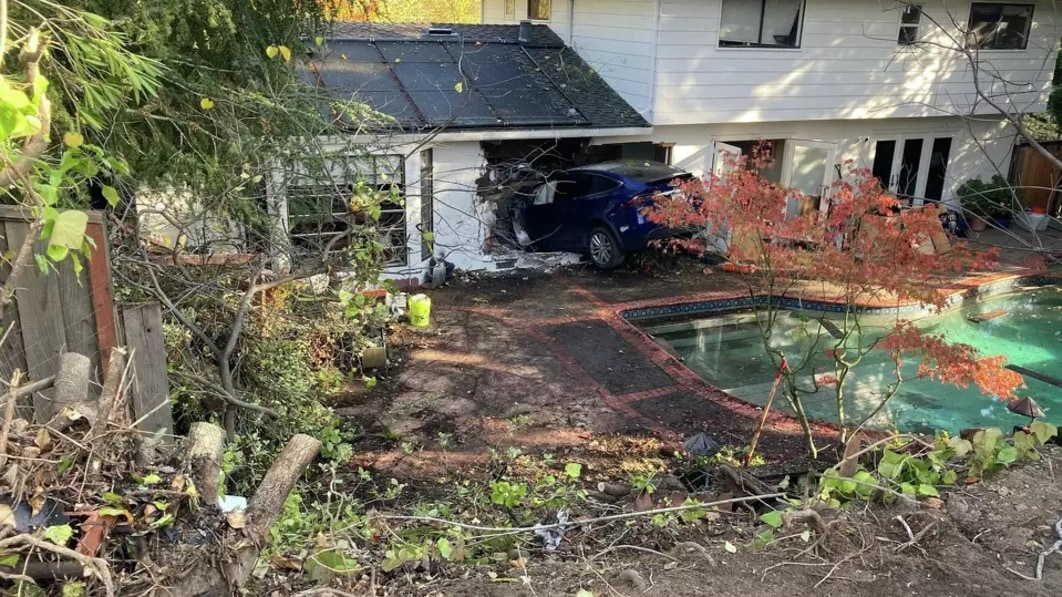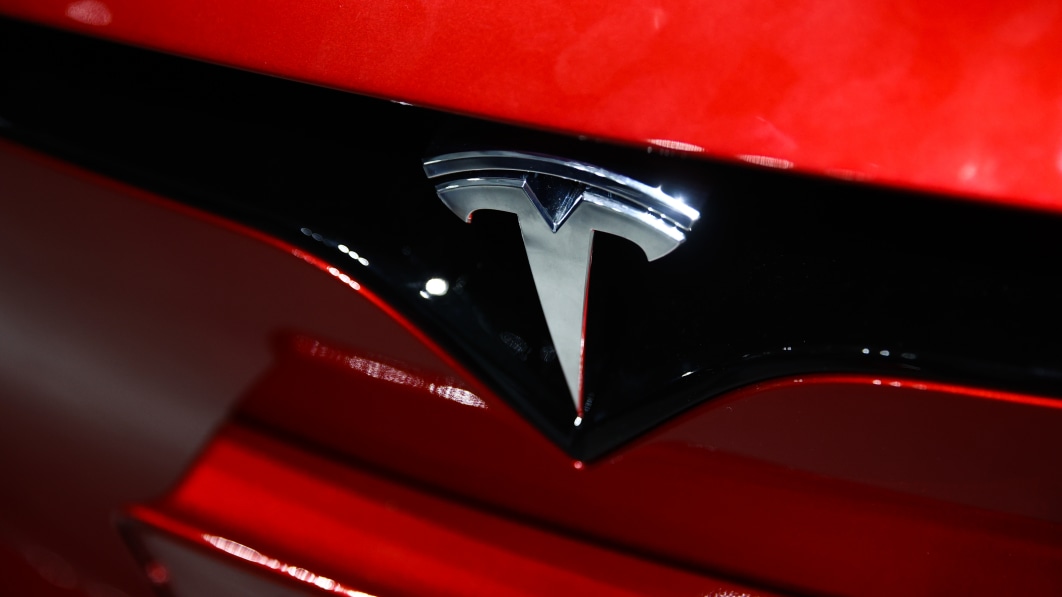Filed under: Green,Tesla,Infrastructure

Continue reading Tesla planning 24-hour diner and drive-in theater. Check out the latest image
Tesla planning 24-hour diner and drive-in theater. Check out the latest image originally appeared on Autoblog on Sat, 25 Nov 2023 04:50:00 EST. Please see our terms for use of feeds.
Permalink | Email this | Comments
